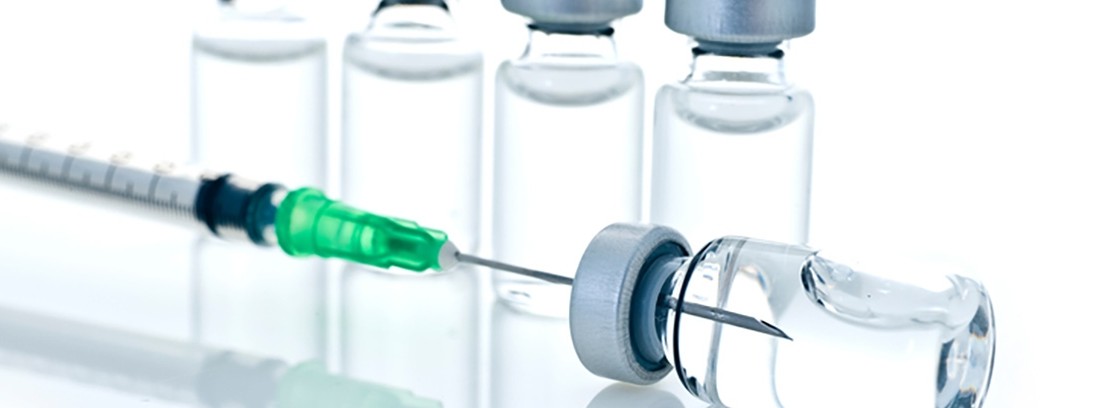Infections

The development of infections in the elderly is of great importance, both due to its high incidence and its short- and long-term consequences. Many of the geriatric syndromes can be triggered or aggravated by the presence of infections in the elderly, especially in the case of frail elderly or those with multiple pathologies.
Changes in the immune system due to the aging process, changes in the structure and composition of the skin and mucous membranes and the possibilities of defense and recovery against the aggression represented by an infection means that these can have much more important consequences than in the case of young adults. Furthermore, the presentation with a different clinical picture than usual in younger patients makes infections in elderly patients somewhat more difficult to identify.
That is why primary prevention (avoiding the disease before it appears) is the main measure against infections in the elderly. Thus, in addition to the need to maintain optimal nutritional and hydration status and to control all possible intercurrent diseases and conditions, the issue of vaccination is of special importance for the elderly.
The main recommended immunizations in the elderly are:
Anti-flu vaccine
- The influenza virus is responsible for many cases of illness among the elderly population and has a not inconsiderable mortality. It can be a serious process in the elderly with cardiac, respiratory or metabolic pathologies. Likewise, it can be the prelude to a bacterial complication such as pneumonia, after infection by the influenza virus.
- Annual flu vaccination in people over 65 years of age, provided there is no contraindication, is a recommended measure given the efficacy, safety and tolerability of this vaccine.
Tetanus vaccine
Tetanus is a very serious disease with high mortality, but it is already a very rare disease in developed countries. However, more than half of the cases that still exist occur in the elderly, so revaccination of tetanus in adults every 10 years is a recommended measure, as well as primary vaccination if there is no contraindication. Therefore, it is advisable to inquire into the vaccination situation of the elderly.
Pneumococcal vaccine
- Pneumococcus is a bacterium that causes a significant number of infections such as pneumonia and meningitis, among others. Many of these infections occur especially in those over 65 years of age, among other people at risk.
- The administration of the vaccine in those over 65 years of age with risk factors that favor this infection is a recommended measure that is gradually being imposed.
Other important actions for the prevention of infectious diseases are:
- Maintain correct hygienic habits, with special emphasis on regular hand washing and foot care.
- Proper nutrition, the practice of regular physical exercise and the control of concomitant diseases will reduce the presence of frailty in the elderly, cause and consequence of infections.
(Updated at Apr 14 / 2024)